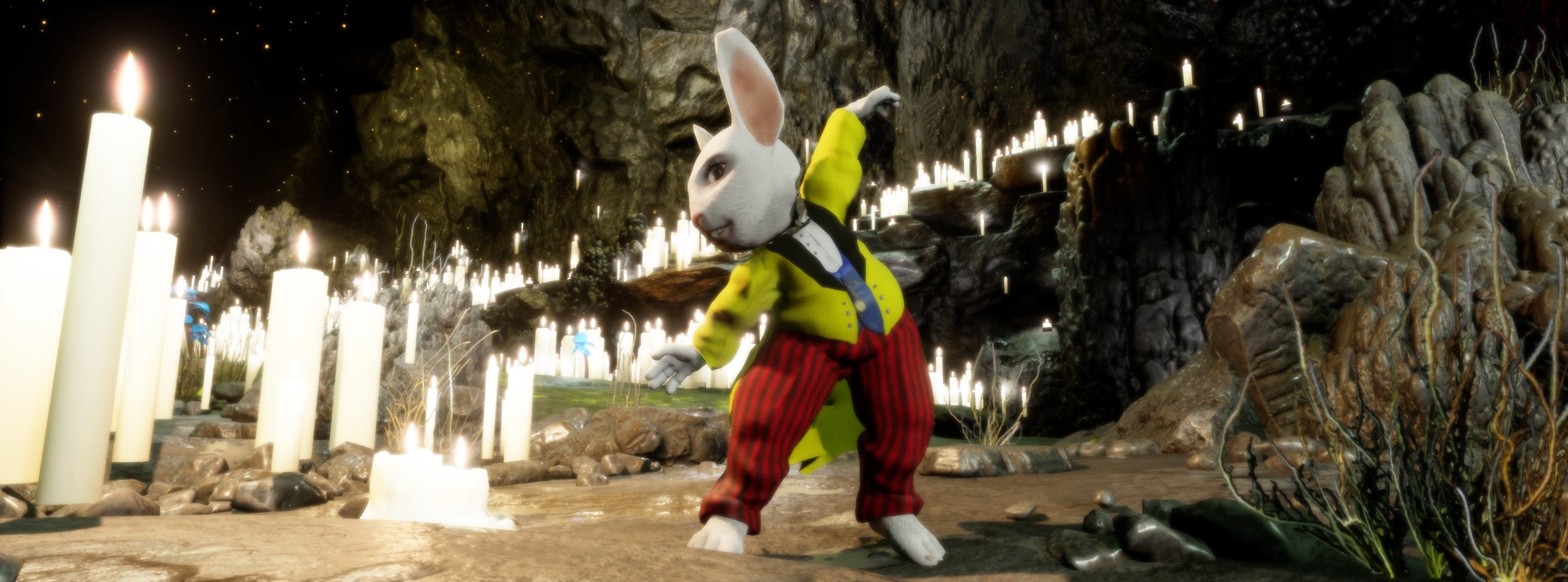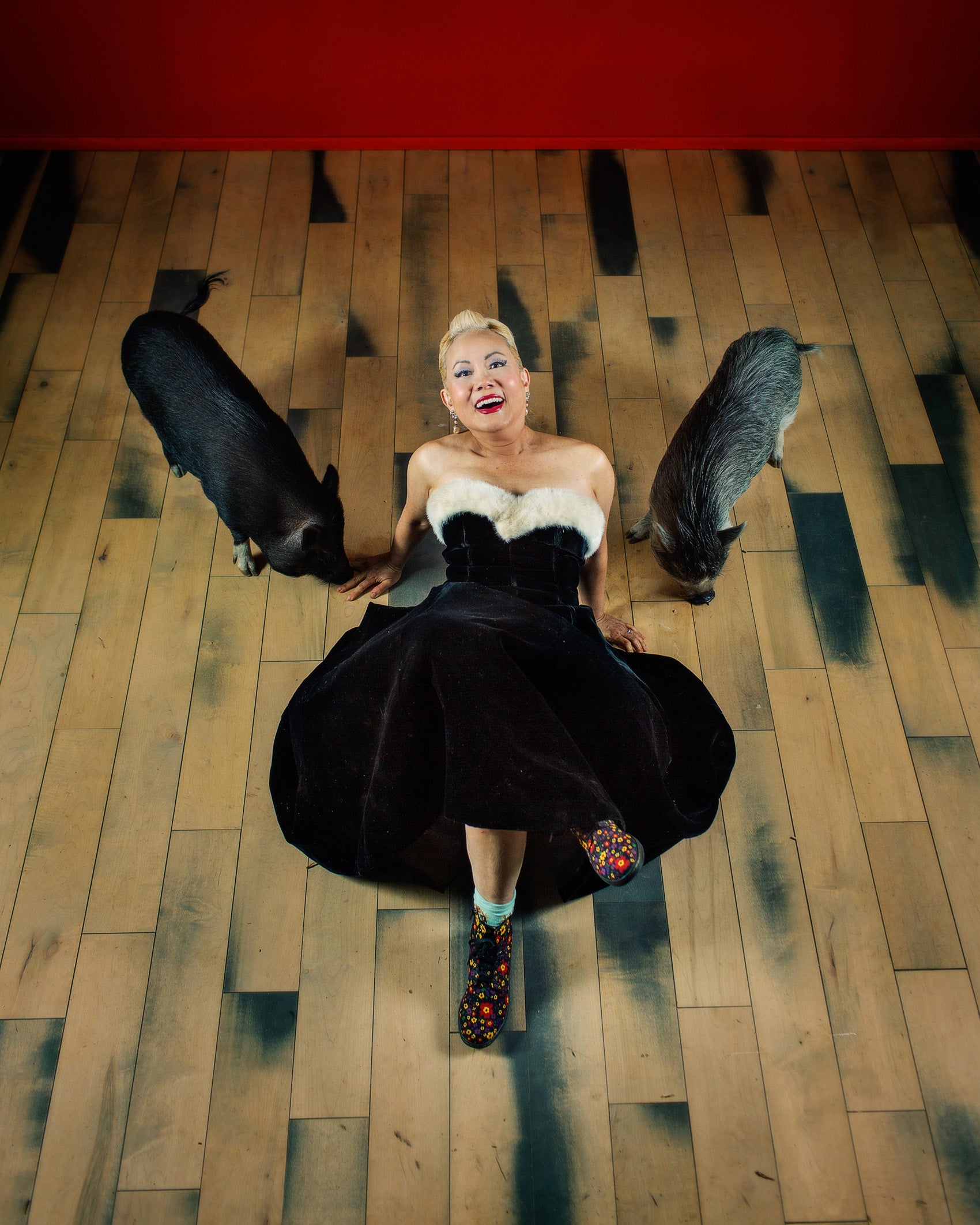In 2005, Cerise Lim Jacobs ’81 planned a birthday gift for her husband that also became a gift for herself. She commissioned a song cycle that would be performed for her husband, Charles, an avid opera fan. But the people she commissioned for the job couldn’t create something that seemed right to her. So she wrote the words herself. With Charles’ help, the song cycle evolved into a libretto called “Madame White Snake,” based on the Chinese myth of a serpent that transforms into a woman. The tale, familiar from Jacobs’ childhood in Singapore, resonated with her as an immigrant who sought to break free from a conservative traditional upbringing and find her place in the United States.
“A lot of immigrant writers fall back on excavating what they know, the roots that will give them some stability in terms of who they are, by going back into their childhood memories, into their cultural heritage,” she said. “Part of my personal development was going from a girl who did not have a voice to finding that voice. And so in my mind, I transformed that White Snake transformation, and the fact that she was an indomitable spirit became synonymous with where I wanted to be.”
Encouraged by Charles, Jacobs used her emboldened voice to cold-call Opera Boston and pitch the organization to stage the opera, telling them that she realized she might seem like a crank but that it would be the best crank they would ever hear from. Indeed, “Madame White Snake” premiered in Boston in February 2010 and won a 2011 Pulitzer Prize for its composer, Zhou Long.
Charles died just two days before the production was staged at the Beijing Music Festival in October 2010. In tribute to him, Jacobs attended the show. After mourning his loss, she decided three years later to continue the creative work that they began together. As an outsider to the opera world, she developed the concept for White Snake Projects, a contemporary opera company that melds art and activism. Its latest production, “Death by Life,” which premiered online in May, responds to the killing of George Floyd and features the words of incarcerated writers and a score by five black composers. Jacobs is driven to present diverse artists and reach diverse audiences, as well as to use her platform to respond to current events with a social justice focus.
“Watching what is happening over the last four years and continuing into the present has been extremely stressful,” she said. “There are so many issues that weigh on us today that require that people who make art or craft music put a different lens on it. So [activism has] become an imperative for us.”

Jacobs came to the U.S. with her first husband when he was offered a position at Michigan State University. Though described by her parents as “rebellious” and “a handful” when she was younger, as a newcomer to the U.S., Jacobs “was totally intimidated by all my American colleagues,” she recalled. “They always seemed to be able to give an opinion about something whereas I never spoke back.” In Singapore, she’d seen the hardships faced by women who couldn’t support themselves, so she sought the financial security of a legal career, becoming a partner with Goodwin Procter and serving as a federal prosecutor with the U.S. attorney’s office. One of the few female Asian American litigators at the time, she faced the challenge of asserting herself in a courtroom against expectations and stereotypes.
“The fact that we can have a free conversation about everything that’s wrong is what makes this country right.”
Even though she has transitioned away from the law, her career as an attorney helped hone her writing skills. Every word matters when you want to persuade a judge or jury, she said. The words she chooses also matter for her mission now — to captivate an audience and effect change in society. Her heart sometimes breaks over the injustice she sees in the United States, yet she can’t imagine living anywhere else: “The fact that we can have a free conversation about everything that’s wrong is what makes this country right,” said Jacobs. She will continue to initiate those conversations. Because, as she has learned, how can anybody who has a voice not use it?
